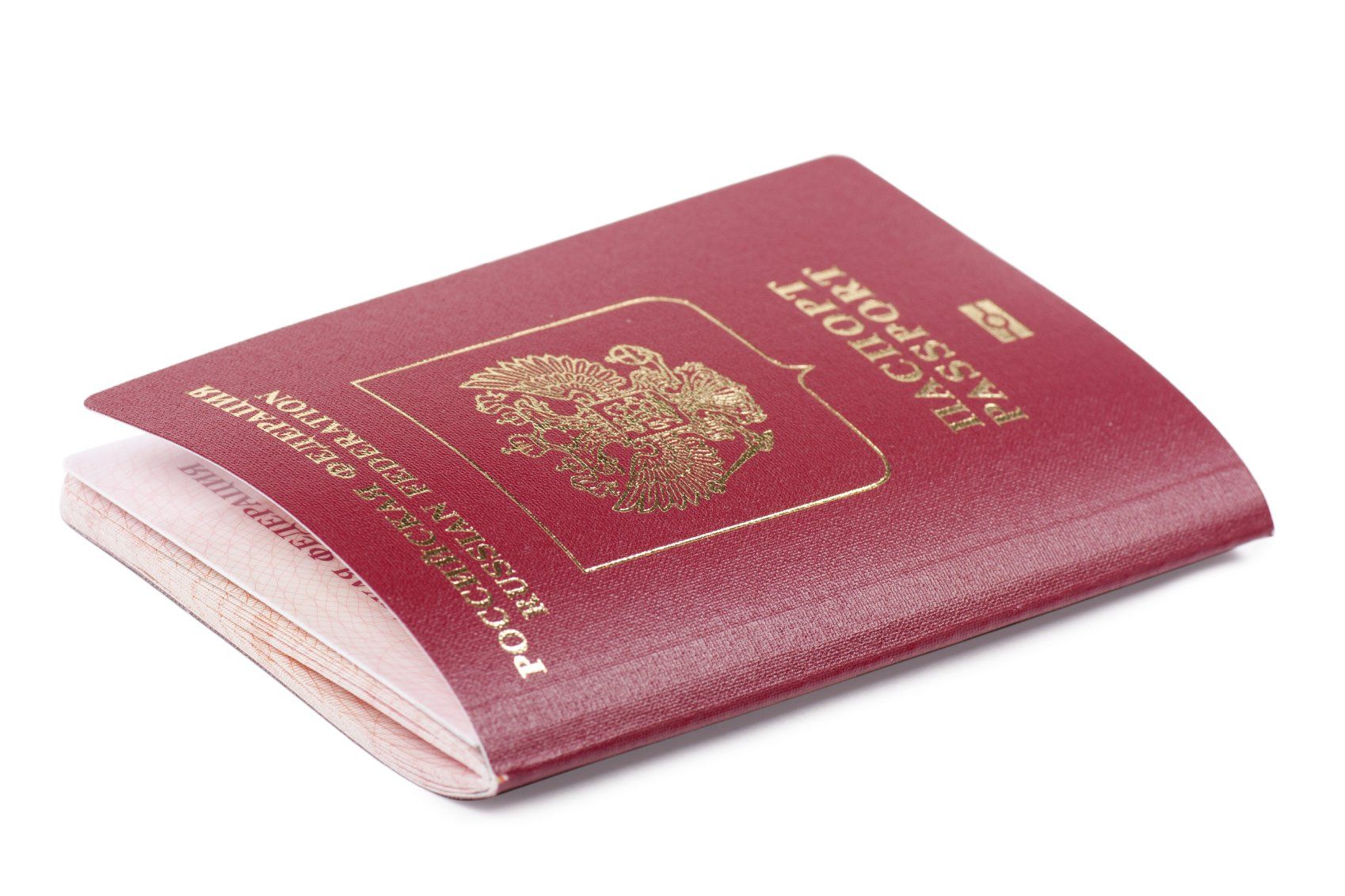Notarised identification
- by Megan Diamond
- •
- 04 Aug, 2024
- •

I often get asked to notarise identification documents (such as passports, driving licences, utility bills, bank statements etc). The requirement for notarised identification documents can range from opening a bank account abroad, visas for overseas, applying to study overseas, or a job overseas, as well as lots of other reasons.
Many people are confused by what they need when told to get ’notarised identification’. It is most commonly a certified copy of the identification (i.e. certified to be a true copy of the original). Sometimes it is just the bio-data page of the passport, other countries, such as Spain, often require the full passport to be notarised. Some countries may specify the bio-data page plus any visas. It is best to find out from the requesting party any specific requirements ahead of meeting with a notary. This will save any problems with the document(s) being rejected in the overseas country.
It is often the case for Australia, that the notary confirm the picture from the passport or driving licence is a true likeness of the individual presenting the identification.
You may also require notarised proof of address. This can commonly be a utility bill or bank statement. It is advisable to use a proof of address that is recent (ideally within the last three months). A council tax bill often is valid for one year.
Sometimes bills or bank statements may use your middle name, or exclude your middle name. If this is the case, check with the requesting party if they require an affidavit or declaration confirming that the two names are of the same person.
I require at least two forms of identification from all clients. Even if you only want a notarised copy of your passport, I will still require a further piece of identification.
It is also best to check if your document needs to be legalised or apostilled. After notarising the document, often it needs to be sent to the Foreign & Commonwealth Office to obtain The Hague apostille. Some countries are happy with just an apostille (see the countries signed up to The Hague convention here), whilst others require legalisation at their consulate. It is best to check with the receiving party what they require to ensure the document(s) will be accepted.
